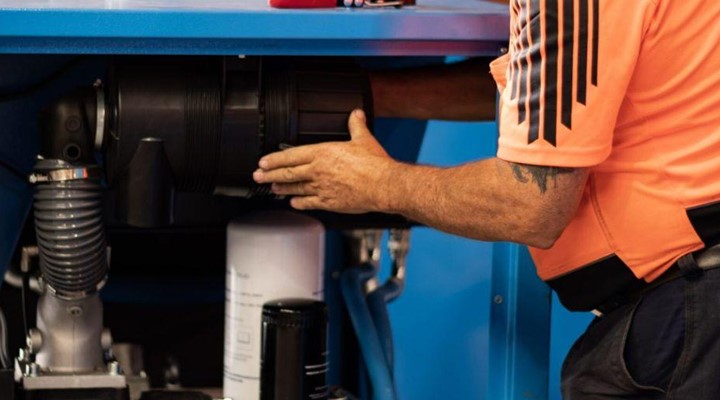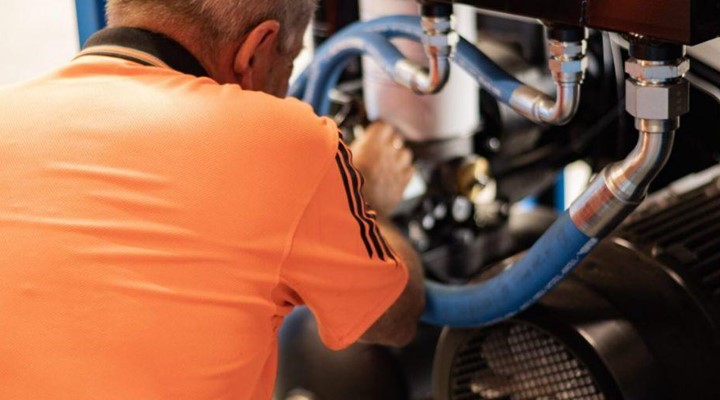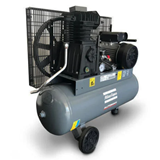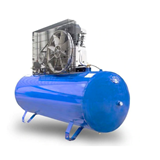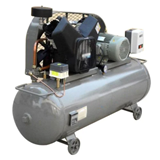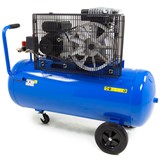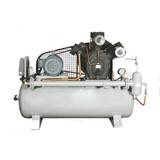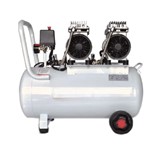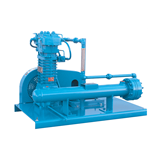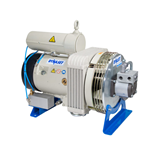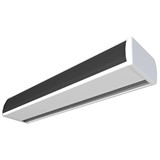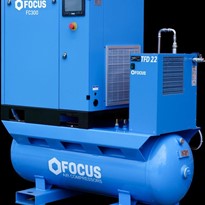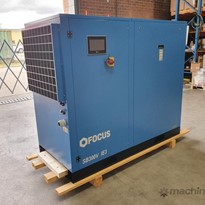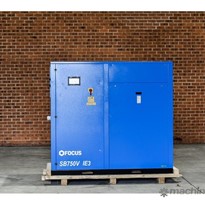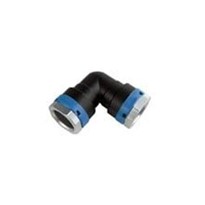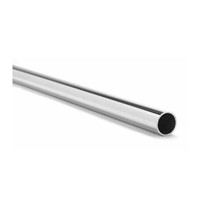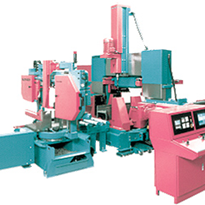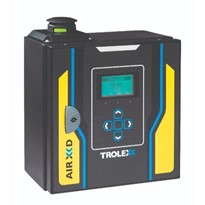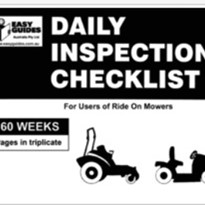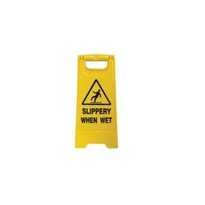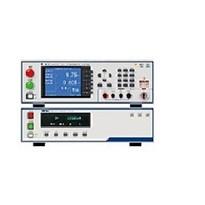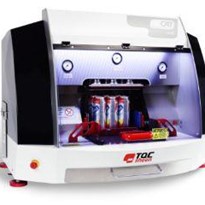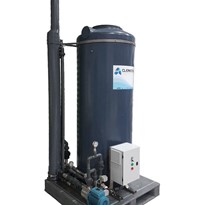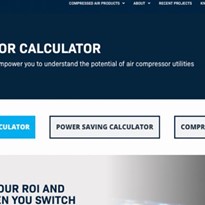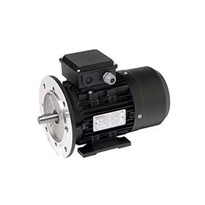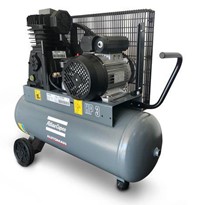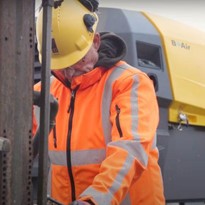Compressed air is often called the hidden fourth utility, sitting right alongside electricity, water, and gas in its importance to your operation. But it’s also one of the most expensive. Inefficient air compressors contribute to this expense, as they contribute to increased energy costs, poorer production quality, and frequent downtime. Knowing when to upgrade your compressor is key to keeping your business running smoothly, and keeping your utility expenses minimised.
While it’s tempting to push your existing system to its limits, the costs of doing so, through rising energy bills, frequent repairs, and decreased performance, can outweigh the price of an upgrade. A new compressor with modern technology can significantly lower operating expenses, improve efficiency, and boost productivity. But how do you know when it’s the right time to make that investment? Below is our checklist to make sure you make an informed decision before upgrading:
Frequent Breakdowns
If your compressor keeps breaking down, it’s a clear sign that it’s no longer as reliable as it should be. You’ve probably already noticed the impact this has on your downtime and repair bills. Instead of dealing with constant fixes, an upgrade will give you a fresh start with equipment you can rely on.
Rising Energy Bills
Have your energy bills crept up? Older compressors are often power-hungry, especially if they lack modern energy-saving features like variable speed drives (VSD). If you’re paying more to run the same operation, upgrading to a more energy-efficient model can significantly cut your energy costs.
Struggling to Meet Demand
If your compressor is struggling to keep up with your growing business, it might be time for a change. Compressors running at full capacity all the time can wear out faster, costing you in both repairs and inefficiency. Upgrading to a larger or more advanced unit ensures your system can meet current and future demands.
Inconsistent Air Pressure
Inconsistent pressure can disrupt your workflow and affect the quality of your output. If you’re constantly dealing with pressure fluctuations, it’s a sign your compressor can no longer deliver steady performance. A newer, more reliable model will help you avoid these disruptions and keep operations running smoothly.
High Repair Costs
Have you noticed repair costs piling up? When you’re spending more on fixing your compressor than it’s worth, it’s time to reconsider. A new system not only cuts out the constant repair bills but also brings peace of mind knowing you won’t be stuck dealing with more unexpected breakdowns.
Increased Maintenance
If your compressor seems to need constant attention, it’s a sign that it’s nearing the end of its useful life. Increased maintenance demands take up your time and money. Upgrading to a newer model with lower maintenance requirements will free you up to focus on your business, not your equipment.
Excessive Noise or Vibration
Excessive noise and vibration typically signal that deeper mechanical issues are at play. If your compressor has become louder or more disruptive than it used to be, it’s likely suffering from internal wear. A new compressor will run much quieter and smoother, letting you work without the extra noise and potential problems.
Outdated Technology
Technology moves fast, and if your compressor is behind the times, you’re probably missing out on better efficiency, control, and performance. Upgrading to a compressor with the latest technology with features like energy-saving motors or smart control systems, can transform the way your operation runs and significantly reduce your costs.
Environmental Concerns
If reducing your carbon footprint is important to your business, your old compressor could be holding you back. Older models consume more energy and produce more emissions. By upgrading to a more efficient system, you can lower your environmental impact and save money on energy in the process.
Evolving Operational Needs
Has your operation outgrown your current compressor? If your processes, output, or facility have expanded, it’s worth asking whether your old system is still fit for the job. A new compressor designed to meet your current needs will improve efficiency and keep your operation running smoothly.
If you’re checking off several items on this list, it’s probably time to start considering an upgrade. Don’t wait until your compressor fails at a critical moment. Focus Industrial is here to help you assess your current setup and guide you towards the right solution. Whether you need more capacity, better energy efficiency, or just a reliable system that fits your business’s needs, we’re ready to support you every step of the way. Reach out today to explore how we can help keep your operation running at its best.


